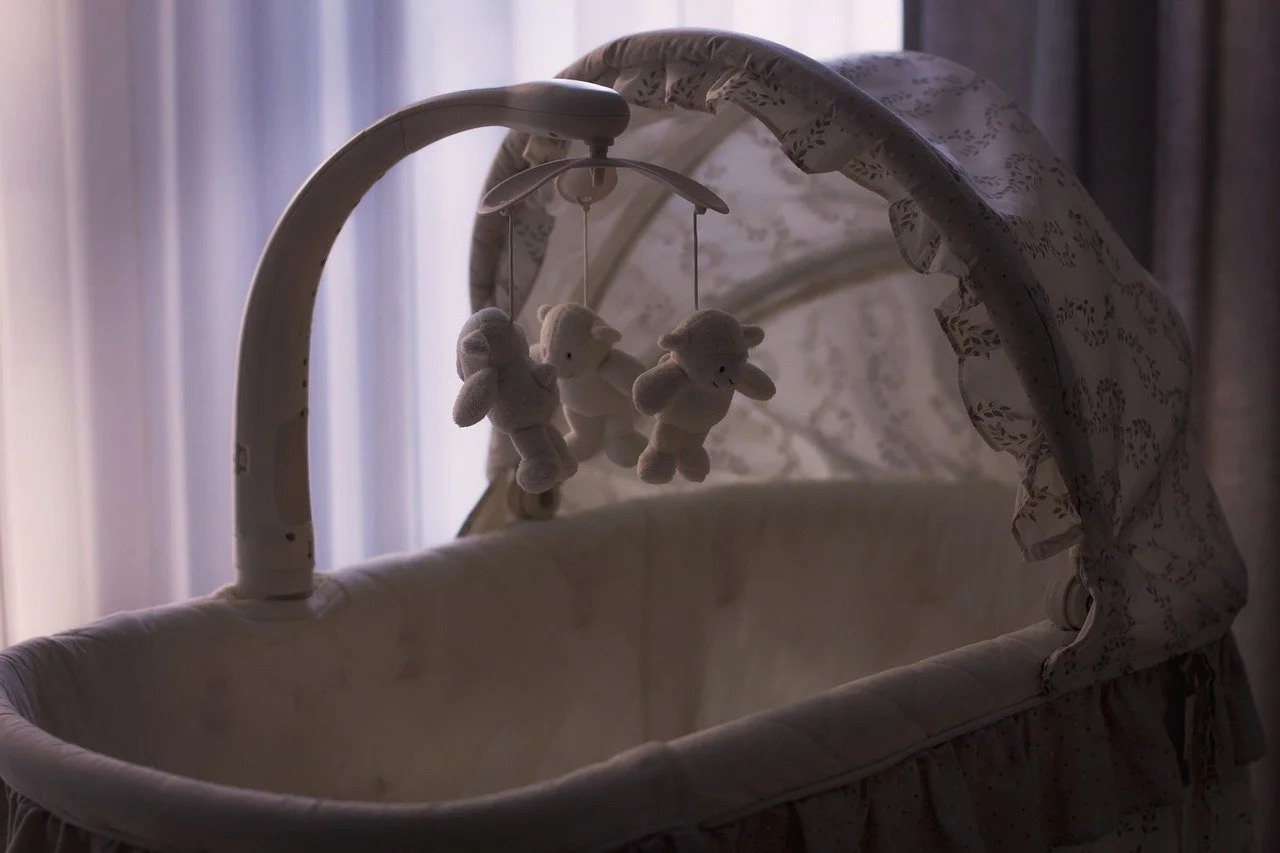The Adopted Person’s Right to Information in Ireland: A Timeline
Adoption in Ireland has had a turbulent past. Prior to the enactment of the 1952 Adoption Act there was no law governing adoption in Ireland. The Act was based on a “clean break policy” as Vivienne Darling, TCD put it, allowing all parties to go ahead with their lives free from “the stigma of bastardy.” The drafters of the Act feared that single pregnant women would opt for an abortion if they could not be guaranteed lifelong anonymity in the adoption process.The introduction of the Unmarried Mother’s Allowance in 1972 is credited with spurring on a change in the societal stigma surrounding single parenthood. This resulted in a dramatic fall in the number of adoptions during the 80’s which was then followed by a steep rise in the number of women seeking to trace their children and adopted people seeking information about their birth families in the 90’s. In the adoption legislation from 1952 to 2010, no provision was made for adopted people to search or obtain information on their origins, or even to verify if they were in fact an adopted person at all.In 1999, the Adult Adoptees Association launched a contact register on the internet which was sponsored by Tesco. Birth relatives who wanted to get in contact with each other could register on the confidential database. In 2005, the National Adoption Contact Preference Register was unveiled. The service enables adopted people and their natural relatives to register their preferences regarding contact, including preferences not to be contacted at the present time and to specify their preferred contact method. Between its inception in 2005 and September 2014, the system only made 64 “matches.” The Register does not grant access to any birth or early years information but at least creates a choice for adopted people and their parents to register their preference for contact.Adopted people’s right to their original birth information remains a contentious issue in this country, with very little legislative progress on it. Of course, the right of an adopted person to their identity is a balancing act. The 1998 case of I.O’T v B saw the Supreme Court hold that the mother’s constitutional right to privacy outweighed the child’s constitutional right to identity. Many birth parents and adoptees do not wish to be contacted at all. Social workers told the Mother and Baby Homes Commission for their Final Report that over 50% of birth mothers they contacted, as part of a search by their adopted child, did not wish to engage with them. Many women told their social workers that they were terrified at the prospect of proper legislation for information and tracing being implemented, of their lives being “destroyed.” However, this right of the mother to live their life privately, uninterrupted by their birth child must be balanced against the right of the child to identity, a right which is recognised by the United Nations Convention on the Rights of the Child. The system as it currently stands fails to provide even the most basic information to adopted people, such as their family medical history. This is recorded as having led to failures to diagnose genetic diseases.Ireland lags behind other countries when it comes to information provision for adopted people and their families. Scotland introduced a right of access to birth records in 1930, England and Wales in 1976, Northern Ireland in 1987 and New Zealand in 1991. The international debate has moved on to more contemporary matters such as the right of information of those born through sperm and egg donation, leaving Ireland far behind it.The first Adoption Information and Tracing Bill was introduced in 2001 in the Dáil. The Bill would have criminalised adopted people if they tried to contact their natural parents without their express permission. This Bill was abandoned in 2003 after a successful campaign against it. The most recent attempt at legislating this area, the Adoption Information and Tracing Bill 2016, was shelved as unworkable in December 2019 as the Attorney General viewed it as “constitutionally unacceptable to allow unrestricted access to birth information for adopted people.” Katherine Zappone, the Minister for Children at the time, proposed giving Tusla the power to track down natural parents on behalf of an adoptee. Where a parent did not consent, both parties were to make their case before the Adoption Authority of Ireland.So, what now, then?The EU General Data Protection Regulation, or GDPR, is supreme over all Irish law including the Constitution. A person’s adoption records contain personal data relating to them and as data subjects under the GDPR, adopted people have a right to make a Subject Access Request to this information. To date, the Government, Tusla and other controllers of adopted people’s data have opted for an extremely conservative interpretation of the meaning of personal data, even refusing to provide adopted people with their own original first name or their natural mother’s first name, seeking to protect the privacy interests of the mother at all costs. Dr Maeve O’Rourke, NUIG and Dr Conor O’Mahony, UCC, noted in their legal opinion that this interpretation is based on “a fundamental misunderstanding of the relevant law.” At the end of last year, the Government promised that further attempts to legislate this area would ensure effective implementation of the GDPR, this left academics like O’Rourke and senior government officials sceptical that such an approach would “bear fruit.” The Irish Times predicts that even if this route is successful it will be well into this year before the new law would come into force.


